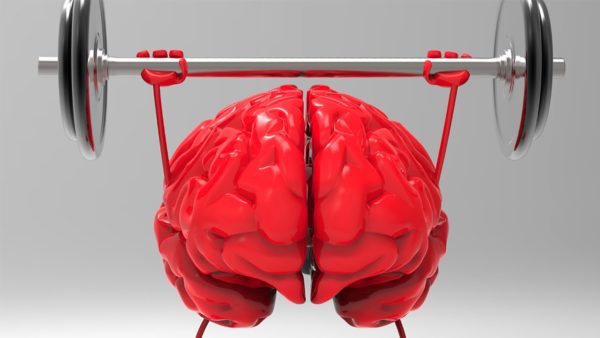
13 Jan A Reader’s Guide to Memory Gain
Don’t remember if we ever published a blog about toning our memory muscle. In the following story for The New York Times Henry Alford talks about which techniques for empowering the power of recall work. And which don’t.

Here in the valley of my mid-50s, I try not to get into a swivet over my occasionally faulty memory: Sometimes the mind has a mind of its own. But when I read this chilling passage — “I am dementing. I am dementing. I am dementing.” — from Gerda Saunders’s recent memoir “Memory’s Last Breath: Field Notes on My Dementia,” I found myself starting to panic.
In a world increasingly dominated by the Google/Apple/Facebook/Amazon hegemony, we hear a lot about the threat to privacy. But isn’t memory just as vulnerable? Now that, as former New Republic editor Franklin Foer writes in “World Without Mind: The Existential Threat of Big Tech,” “our phone is an extension of our memory; we’ve outsourced basic functions to algorithms,” doesn’t the world seem like an ever-larger parking lot that has mysteriously swallowed our Toyota? Don’t we all wish, now more than ever, that acquaintances came equipped with their own “Previously on this series …” trailer?
Mr. Foer and Ms. Saunders aren’t the only writers on this beat. Recent books by Robert Sapolsky, Michael Lemonick, Felicia Yap, Emily Barr, Dale Bredesen, Val Emmich, Oliver Sacks and Elizabeth Rosner, among others, have addressed the theme of non-historical memory. Last July alone, more than a dozen books specifically about the topic, most of them self-published, were released.
You’d expect the themes of amnesia or powers of recall to be prevalent in thrillers or in memoirs by trauma survivors or over-beveraged rock stars, but even literary fiction is getting in on the act. In Rachel Khong’s sly, diaristic “Goodbye, Vitamin,” a 30-year-old who moves back home learns she has to care for a dementing father who has started leaving his pants in trees. In Alissa Nutting’s outrageous sex comedy “Made for Love,” a woman on the lam from her tech pioneer husband discovers that he has implanted a chip in her brain that allows him to download all her experiences.
The majority of the recent or upcoming books about the topic, though, are nonfiction works that take a prescriptive approach to memory loss. I recently spent a month trying to follow the dictates of two of them, both written by doctors: Daniel G. Amen’s “Memory Rescue: Supercharge Your Brain, Reverse Memory Loss and Remember What Matters Most” and Andrew E. Budson and Maureen K. O’Connor’s “Seven Steps to Managing Your Memory: What’s Normal, What’s Not, and What to Do About It.”
The first thing I noticed about these two workbook-type tomes is, because they’re not intended to be read straight through, they repeat information so frequently as to render a reader frantic about his mental health. I kept wanting to ask Dr. Amen, a physician with his own chain of clinics: Didn’t you pimp turmeric 10 pages ago? Before reading the books, I’d taken eight memory tests that I’d found on various websites, to get a baseline of my powers of recall. Consolingly, I’d tested slightly above average for my age. But once turmeric started to ominously reappear, I felt like Jennifer Lawrence in “Mother.”
On the diet and exercise front, the two books were mostly in agreement: Strangely, neither wants you to lie on the couch while idly nursing a stick of French butter. (But take heart, both books want you to eat a little dark chocolate each day. Mr. Budson and Ms. O’Connor, who teach neurology at Boston University, don’t even stipulate that it needs to be unsweetened.)
For me, the doctors’ bodily prescriptions fell into two categories: Things I Already Do, and Things I Can’t Be Bothered to Change…


Sorry, the comment form is closed at this time.